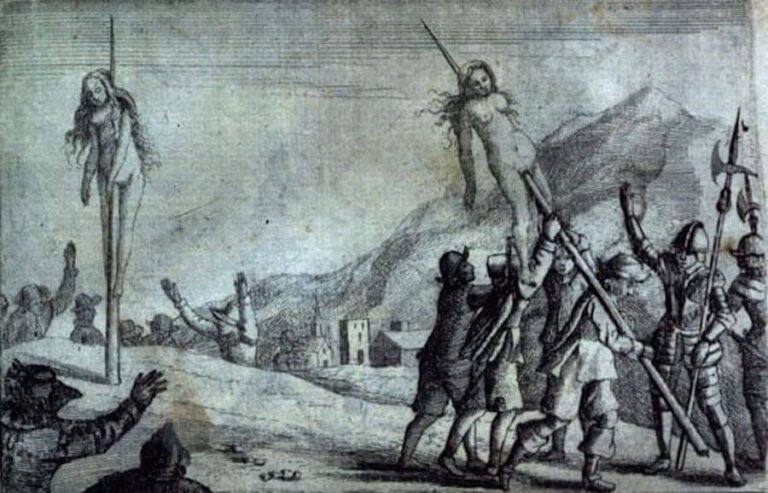Okay, now it’s time for the pikes to be sharpened:
The light-hearted escapades of Jeeves and Wooster have become the latest victims of the seemingly relentless march of literature’s word police.
PG Wodehouse’s books on the pair’s aristocratic misadventures have been identified as having what the publishers describe as ‘unacceptable’ prose.
The comic novels have had passages cut or reworked for new editions by Penguin Random House, as well as trigger warnings added to warn readers of ‘outdated’ themes.
If any body of literature can be classified as “completely harmless”, that would be the collected works of P.G. Wodehouse, quite possibly the world’s greatest-ever humorist.
In fact, the only group of people who could lay claim to being offended by Wodehouse’s writings would be the British aristocracy, whom P.G. universally skewers on the point of his razor-sharp wit. And they wouldn’t, because as one toff reportedly said, “Every single character in Wodehouse resembles a member of my family”.
But let us not giggle, because there is serious work to be done…

Bastards.


